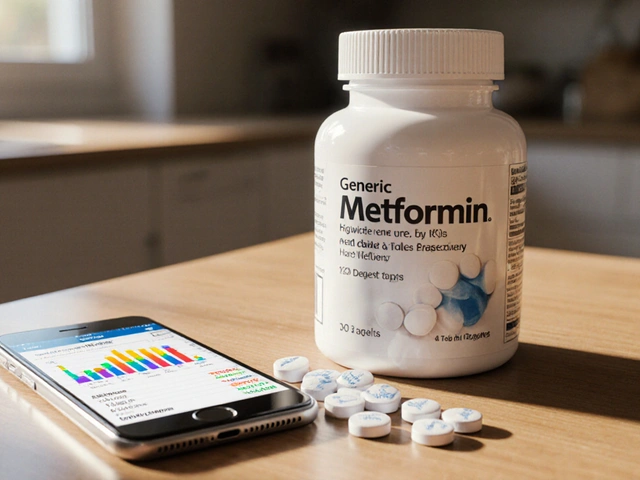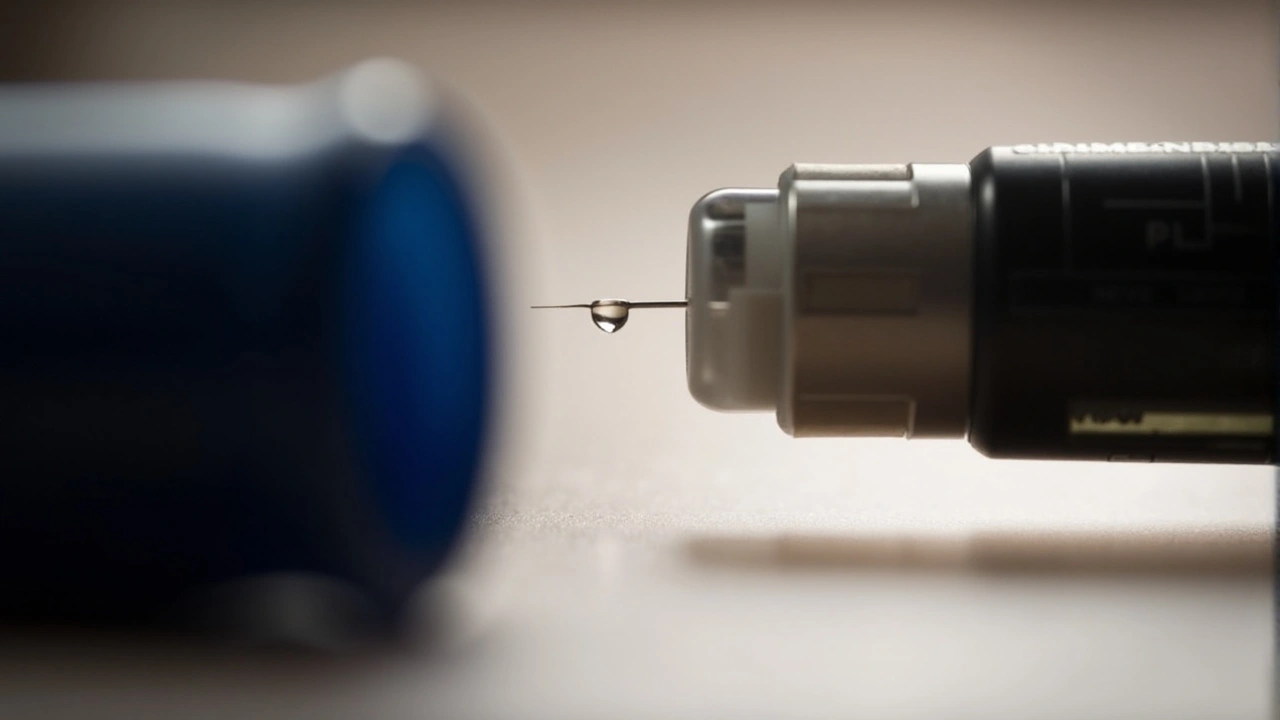Semaglutide and fatty liver: what we published in August 2024
What if a diabetes drug could help shrink fat in your liver? In August 2024 we focused on semaglutide — a GLP-1 drug known for blood sugar control and strong weight loss effects — and why researchers are excited about its role in non-alcoholic fatty liver disease (NAFLD).
The main takeaway: semaglutide is showing real promise. Clinical trials reported drops in liver fat and improvements in liver enzymes like ALT and AST. Patients in studies also lost weight, which helps the liver. Side effects were generally mild, mostly nausea or stomach upset that often improved over time.
How semaglutide helps the liver
Semaglutide works on appetite and metabolism. It reduces hunger, so people tend to eat less and lose weight. Less body fat means less fat deposited in the liver. Beyond weight loss, semaglutide improves insulin sensitivity and appears to lower inflammation and oxidative stress in liver cells — all factors that matter in NAFLD and NASH (the inflamed, progressive form of fatty liver).
Several recent trials we covered found measurable drops in liver fat on imaging and better liver enzyme numbers after months of treatment. Those results are promising because they link the drug’s metabolic effects to direct liver benefits. Still, trials differ in length and design, and not every study showed the same level of fibrosis improvement. That means semaglutide can help liver health, but it’s not a guaranteed cure for advanced scarring.
What patients should know
If you have fatty liver and are curious about semaglutide, talk to your doctor. Right now, semaglutide is approved for type 2 diabetes and for weight management in many places, but it isn’t universally approved specifically for NAFLD/NASH. Some clinicians may consider it off-label for liver disease if there’s clear benefit to weight loss or diabetes control.
Practical tips: continue diet and exercise — semaglutide helps, but it works best with lifestyle changes. Expect weekly injections for the common formulations (your provider will advise dosing). Monitor liver tests and any side effects regularly. Tell your clinician about other meds, pregnancy plans, or a history of pancreatitis, since those matter when choosing treatment.
August’s coverage aimed to cut through the hype: semaglutide looks useful for many people with fatty liver, especially those who also need weight loss or diabetes control. It’s promising but not a one-size-fits-all fix. If you want the full study details and practical next steps, check the full article on the site and bring questions to your healthcare team.
Semaglutide: A Promising Treatment for Fatty Liver Disease and More
Semaglutide, a drug used primarily for type 2 diabetes, shows promise in managing non-alcoholic fatty liver disease (NAFLD). This GLP-1 receptor agonist aids in weight loss and improves liver health by reducing fat in the liver, controlling blood sugar, and providing antioxidant and anti-inflammatory benefits. Studies point to significant improvements in liver enzyme levels with minimal side effects.
About
Health and Wellness
Latest Posts


Buy Cheap Generic Glucophage Online - Safe 2025 Guide
By Marcel Kornblum Oct 6, 2025

Nail Disorders: How to Tell Fungal Infections Apart from Psoriatic Changes
By Marcel Kornblum Nov 29, 2025

Genetic Testing for Cancer Risk: BRCA, Lynch, and Beyond
By Marcel Kornblum Nov 27, 2025

